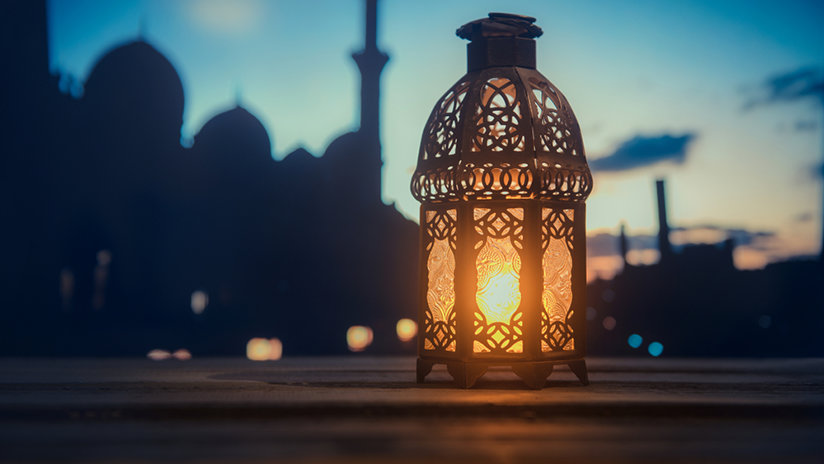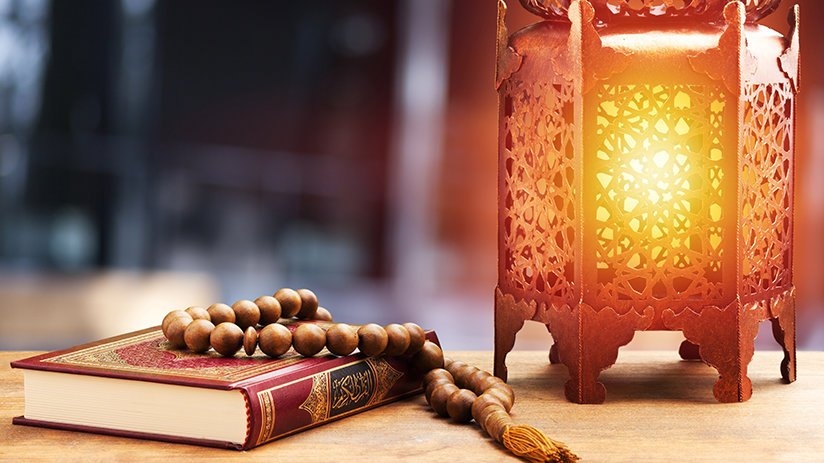
-
HOME
-
WHAT IS STANDOur Mission Our Values Our Help Contact
-
WHAT WE FIGHT FORReligious Freedom Religious Literacy Equality & Human Rights Inclusion & Respect Free Speech Responsible Journalism Corporate Accountability
-
RESOURCESExpert Studies Landmark Decisions White Papers FAQs David Miscavige Religious Freedom Resource Center Freedom of Religion & Human Rights Topic Index Priest-Penitent Privilege Islamophobia
-
HATE MONITORBiased Media Propagandists Hatemongers False Experts Hate Monitor Blog
-
NEWSROOMNews Media Watch Videos Blog
-
TAKE ACTIONCombat Hate & Discrimination Champion Freedom of Religion Demand Accountability
Is religion being hacked? Ask the Muslims
The emails come in waves. You’ve seen them a dozen times or more.
They’re from friends whose accounts have been hacked.
The credible fake
These emails can look pretty good.
But by now, you and I know better than to click on a message that reads:
“Please review the attached; Scanned_documents_12_15_2017.pdf”.
You do notice the email, though, because of the source: it seems to be a friend whom you trust.
Didn’t you notice, afterwards, that you were a little reluctant to open the next email from the same friend?
The same thing has been happening to the Muslim religion.
Devout followers of The Prophet have watched in horror and shame for decades as extremists have hacked their religion of peace.
So much so that we come to worry that Islam has strains of violence.

But the charity and kindness of Muslims is legendary. Every Muslim I have ever known was clearly given grace and love by his faith.
They weren’t perfect (and who is?) but their faith helped them be good, and loving and forgiving and helpful to their fellow man.
So why, then, did last year’s Ramadan see more than a thousand killed, and counting?
(Yes, according to the Combating Terrorism Center, the vast majority of al‐Qa’ida’s victims are Muslims.)
Islam has been hacked. And now they are counter-attacking.
They’re replying―not with violence and hate—but with love.
The counter video
Back last May, as the holy month of Ramadan was just beginning, cellphone provider Zain launched this video.
It shows a familiar “bomb-jacket” terrorist, being overcome by love—from many victims of terrorism.
The response, all over the world, has been overwhelmingly positive. The video now has over 12 million views on YouTube alone.
This is an effective counter campaign, and I hope we see many more.
Should we blame the religion?
A religion is bad because of the horrible things done in its name. Right?
That’s like saying that the institution of marriage is bad because of some people’s infidelity.
We all have weaknesses. But there are people out there—predators—who go after those who are married and persuade them to violate their vows.
You can think of them as malicious hackers who take advantage of human weakness. These people are pure slime.
Even without infidelity, you often see marriages disrupted by malicious third parties who seek to take advantage of others’ trust. They too are hackers.
Be on your guard and watch out for the real author
All this takes me back to those hacked emails. They appeared to be from my friends, but who were the real authors?
Obviously, people who have nothing good in mind.
So—don’t be a dupe. Don’t believe the hackers.
So here are some rules of thumb:
First, when we hear about something horrible that a religion has “done,” we should always look for the real author. It’s likely someone with terrible motives who is using the religion as a safe harbor precisely because of the power of love and faith.
Second, religions, like companies, need to be aware of this hacking and be on guard for the attack. Hackers are always tiny minorities.
So—don’t be a dupe. Don’t believe the hackers.
And when you hear that some mad thing has been done in the name of any religion, recognize that it is someone who is using it.

Ignore these people. And like the Ramadan video, forward only those messages that appeal to the love you have for your fellow man.
Love will succeed, you know.









